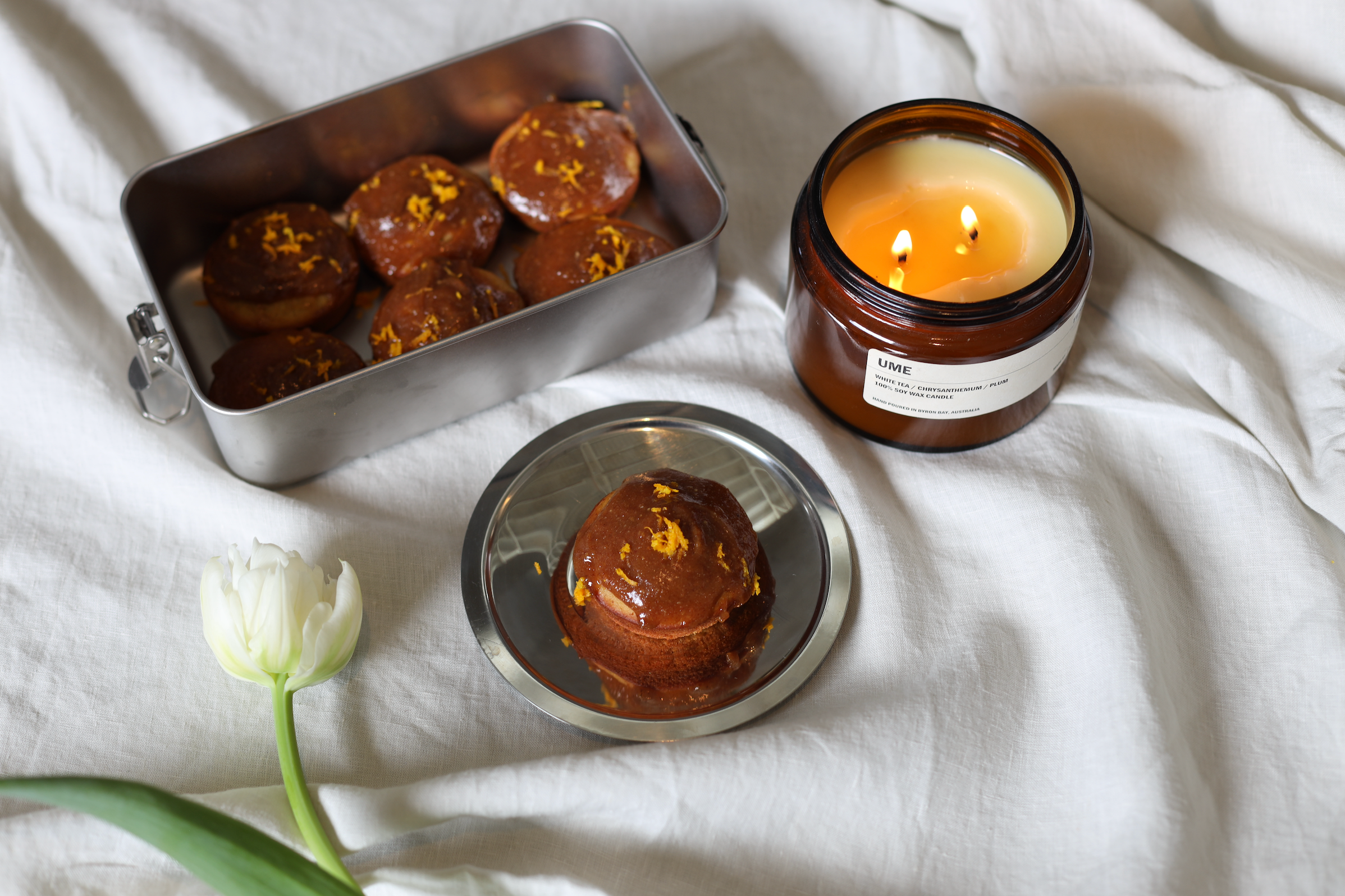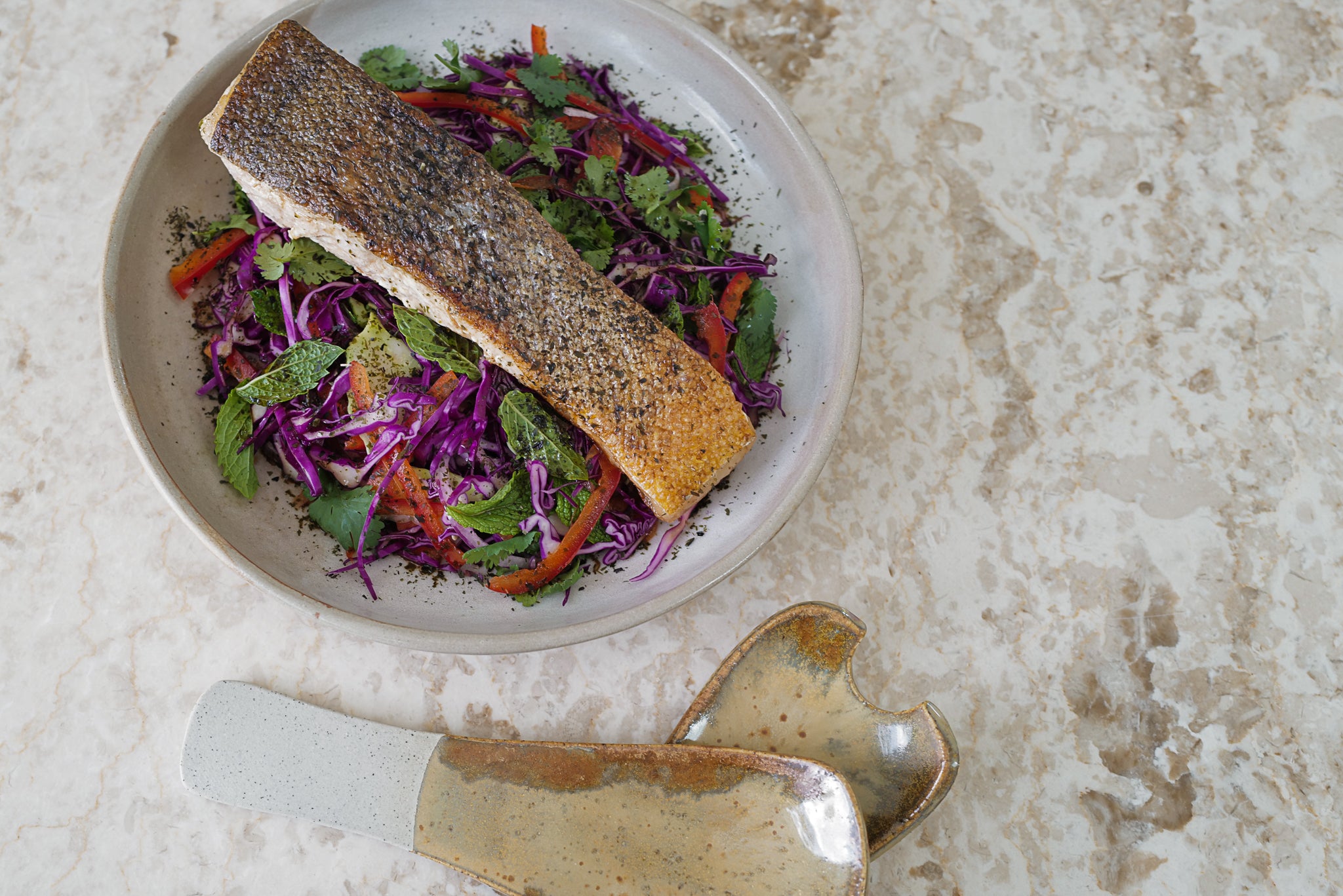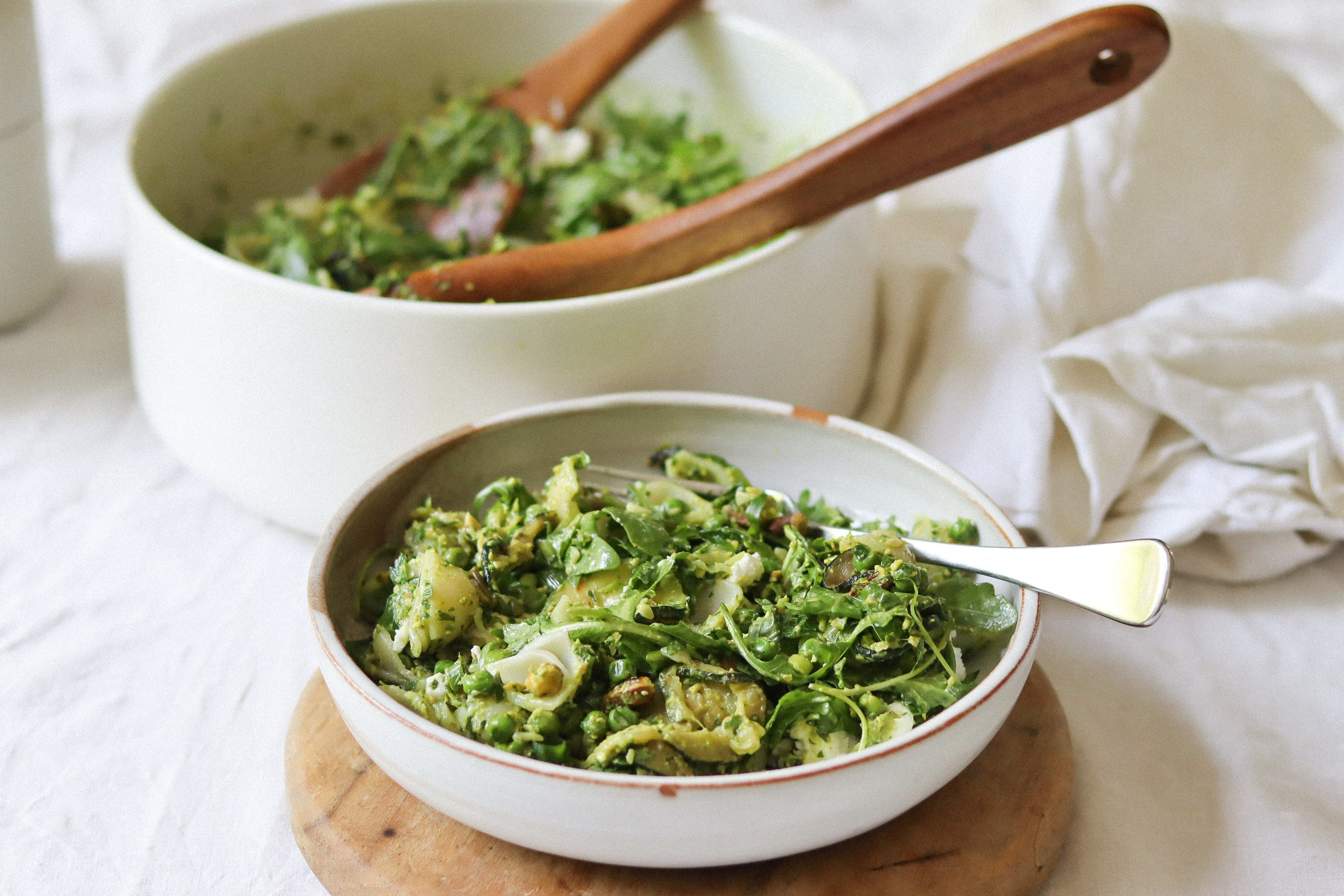The gut microbiome plays a huge part in immune system support, if we are regularly experiencing gut issues it is likely that our immune system is involved too. By identifying the drivers of gut issues and supporting the health of our gut microbiome we will in turn support our immune system.
A regular presentation that I see in clinic is clients with signs of dysbiosis (and imbalance between ‘good’ and ‘bad’ gut bacteria) experiencing bloating, variable bowel movements and discomfort also experiencing reoccurring colds, flus, infections that they take a long time to recover from and can’t seem to get on top of.
Working to improve gut health will often lead to an improvement in immune symptoms and a reduced incidences of sickness.
Why is the gut so important for immune system function and overall health?
- The gut lining acts as a barrier and utilises numerous mechanisms to protect against pathogens from entering the bloodstream, for example, mucin producing goblet cells are found in the large intestine, they protect the gut lining against the infiltration of bacteria and pathogens into the layers of the gut wall.
- Overactive immune responses result in inflammation, inflammation effects gut lining integrity (the gut lining is made up of tight gap junctions) the damage caused by inflammation increases the risk of bacteria passing through the gut lining (aka leaky gut) further resulting a in pro-inflammatory reaction by the immune system.
- Gut associated lymphoid tissue (GALT) is an immune system site found in the gut lining that contains immune cells which prevent the growth of pathogens and stimulates the immune system.
- A healthy gut microbiome protects against damage and colonisation of pathogens and supports the onset of a suitable immune response.

How can we support our gut health with our diet?
Our diet is one of the most impactful ways that we can support our gut microbiome and immune system, focus on incorporating the below tips to assist with gut health:
- Dietary diversity – eat a variety of plant foods and switch up the wholegrains and proteins and fats that we are consuming ensures that we consume a wide range of nutrients and support the various strains of bacteria in the gut – in short avoid eating the same foods day in day out!
- Probiotics* – refer to living micro-organisms that promote the colonisation of good bacteria in the gut – we can consume by increasing our intake of fermented foods such as sauerkraut, kimchi, miso, tempeh, natural yoghurt, kefir.
- Prebiotics* - are indigestible fibres found in plant foods, prebiotic fibres feed the bacteria of the gut promoting the growth of healthy gut bacteria by promoting the production of the short chain fatty acid butyrate which is associated with enhancing gut lining integrity. Include foods such as sweet potato (cooked and cooled), stewed apples, Jerusalem artichokes, wholegrains such as brown rice, beans and legumes.
- Polyphenols – exert anti-inflammatory and antioxidant properties as well as having beneficial effects on the gut microbiome and increase the growth of Lactobacillus sp. Increase your intake of foods like cacao, blackberries, raspberries, green leafy vegetables, onions, apples, citrus fruits, tempeh (soy), turmeric, rosemary, oregano, olives, nuts.
*if you struggle with bloating, introduce these foods slowly or make an appointment to assist with identifying underlying causes of bloating.
During the winter months to further boost your immune system include:
- Warm foods - such as soups, broths, stews, curries – cooking makes food easier to digest during the winter month when our bodies are colder, and more energy is required for digestion.
- Garlic – anti-viral and anti-microbial properties.
- Ginger – anti-inflammatory, and anti-microbial properties.
- Onion – source of quercetin – anti-viral and anti-inflammatory properties.
- Turmeric – anti-inflammatory and antioxidant properties.
- Citrus fruits – anti-inflammatory and antioxidant properties.

Other nutrients to include in your diet and foods to avoid:
- Zinc – Oysters, whole grains such as brown rice and quinoa, capsicum, sunflower seeds, pumpkin seeds, flaxseeds, cashew nuts, beans and legumes
- Vitamin A – sweet potato, pumpkin, carrots, tomatoes, kale, silverbeet, spinach (plant sources should be consumed with a source of fat to assist with Vitamin A absorption), Organ meats, oily fish.
- Vitamin C - green leafy vegetables, pumpkin, sweet potato, citrus fruits, red, green & yellow capsicum, kiwi fruit, raspberries, blueberries, blackberries.
- Vitamin D – sources are limited from a plant-based diet and supplements should be considered, alongside time in safe sun exposure between 10am-3pm. Animal sources of vitamin D include oily fish, red meat, liver and eggs.
- Limit the intake of alcohol, refined sugar and processed foods – which contribute to inflammation
Get to know Elizabeth
Elizabeth is a registered Clinical Nutritionist. She is passionate about making health simple and sustainable for all. She enjoys collaborating with clients to gain a holistic understanding of their individual health concerns and desired health outcomes.
Instagram | @elizabethann_nutritionist
Bookings | Goodkind Wellness Studio, Palm Beach




